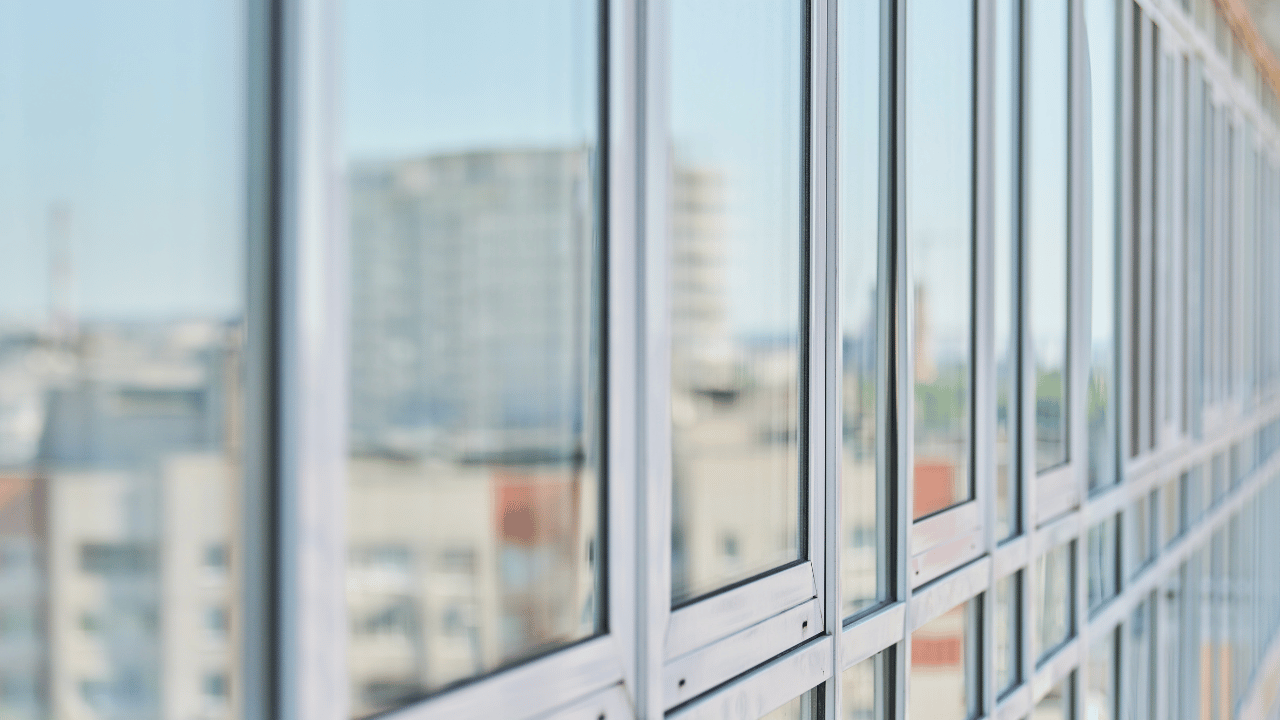Protecting your home from severe weather is a top priority in hurricane-prone areas. Fortifying your home with high-performing windows is one of the most effective ways to protect it.
Energy Efficiency
Table of Contents
Many areas require hurricane windows and offer incentives for homeowners to make the switch. However, if you live in an area that does not experience severe winds and storms, choosing another type of protection may be less expensive. Both windows can withstand strong wind pressure and are designed not to shatter into sharp shards. It is an important safety feature that prevents bodily injury and property damage. Additionally, the thicker laminations of hurricane impact windows are tested to withstand brute force strikes with bats, sled hammers and crowbars, making them an effective defense against home break-ins.
Additionally, they lessen outside noise and improve energy efficiency, lowering your yearly heating and cooling expenses. Unlike taping your windows or installing plywood shutters, these windows are permanent and add significant value to your home. They may also entitle you to decrease insurance rates.
Impact Resistant Glass
Hurricane windows are reinforced with stronger glass to help prevent property damage from storm-generated debris. They can also withstand the high wind speeds of severe weather events like tropical storms, tornadoes and hurricanes. Many areas in the United States are at risk of experiencing hazardous weather conditions, and installing impact windows is an option that makes sense for homeowners in these regions. In fact, in some counties located in hurricane-prone areas, building code requires impact windows and doors. These heavy-duty windows consist of insulated laminated glass with an interlayer of clear, flexible plastic called polyvinyl butyl or PVB. They offer 24/7 protection against storms, outside noise, UV rays and forced entry attempts. You can easily find videos online of impact glass withstanding brute strikes from baseball bats, sledgehammers and crowbars to give you an idea of their strength and strength. This insulating glass also helps reduce energy costs, and you can qualify for lower insurance premiums.
Noise Reduction
We’ve all seen the awful photos of 2x4s speared through a window or furniture and belongings sucked through and scattered by shattering glass during storms. But you may not know that there are better, more convenient, attractive and technologically sound ways to protect your home from the damaging winds and windborne debris that often accompanies severe storms. Impact windows are one of those options. They can survive strong winds and flying debris without breaking into potentially deadly pieces because they are built with reinforced frames and impact-resistant glass. They can also prevent damage caused by intruders trying to break into your home, as they are stronger than traditional windows and doors.
And if that’s not enough, impact windows offer many other benefits, such as energy efficiency (based on the glass you choose) and UV protection. These features help reduce energy costs and protect valuables such as draperies, fabrics, furniture and artwork from fading due to the sun’s harmful rays.
Security
We’ve all seen photos of 2x4s speared through a window or furniture and belongings blown away by shattered glass. Hurricane windows protect against these types of damage by flexing to endure strong winds rather than breaking into lethal shards. They also provide a layer of safety that’s tested against brute strikes with hammers and axes. That means you don’t have to worry about intruders breaking into your home through a window.
Both offer a wide selection of styles, sizes and features to meet your needs. For example, you can choose a tinted laminate or low-E glass for energy efficiency and reduced glare, plus grilles and between-glass blinds for privacy. You can even add alarm systems and sensors for enhanced security. If you install impact windows, many insurance companies will reduce your rates. These windows can be a smart investment for homeowners living in hurricane-prone areas.

